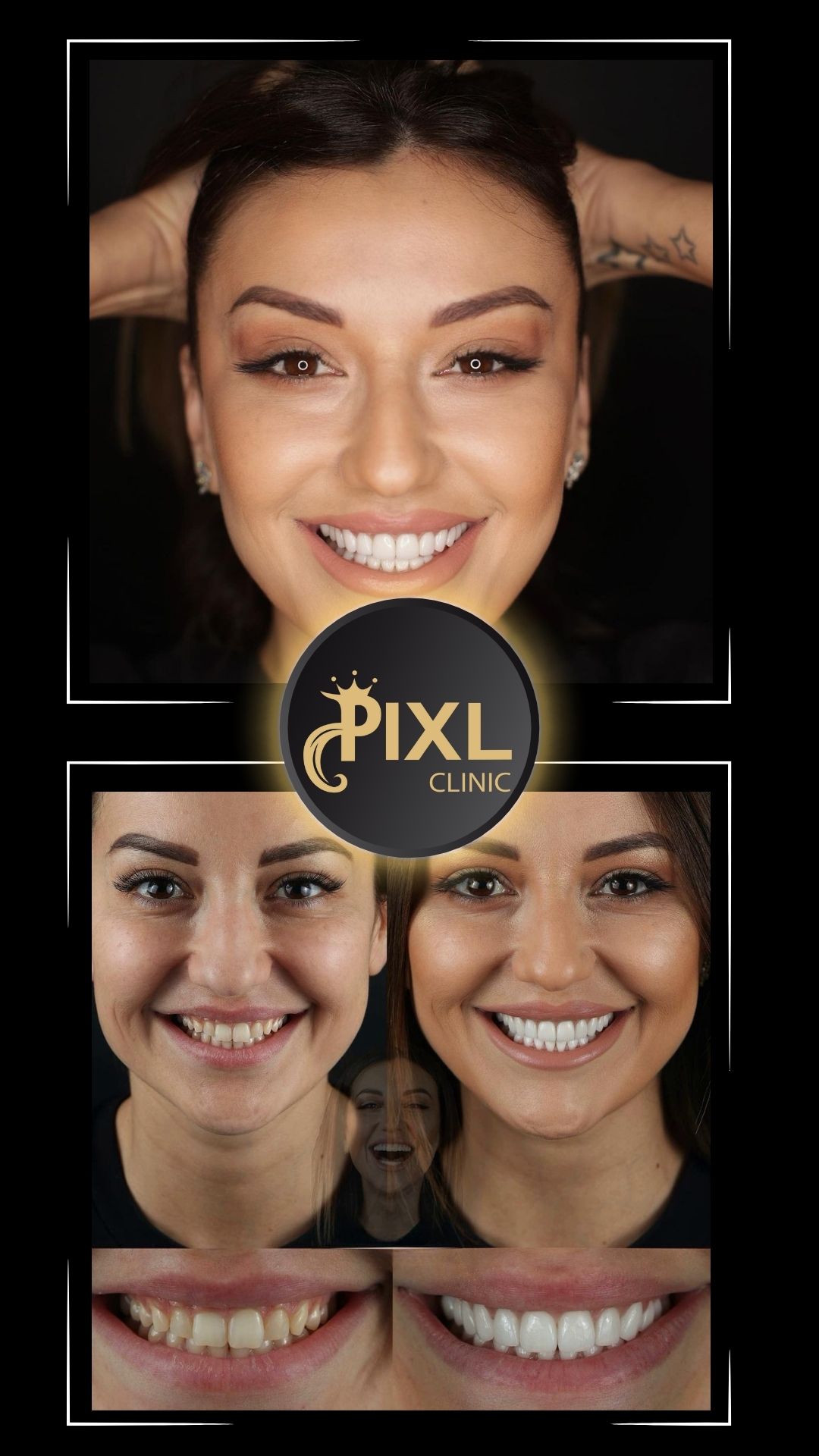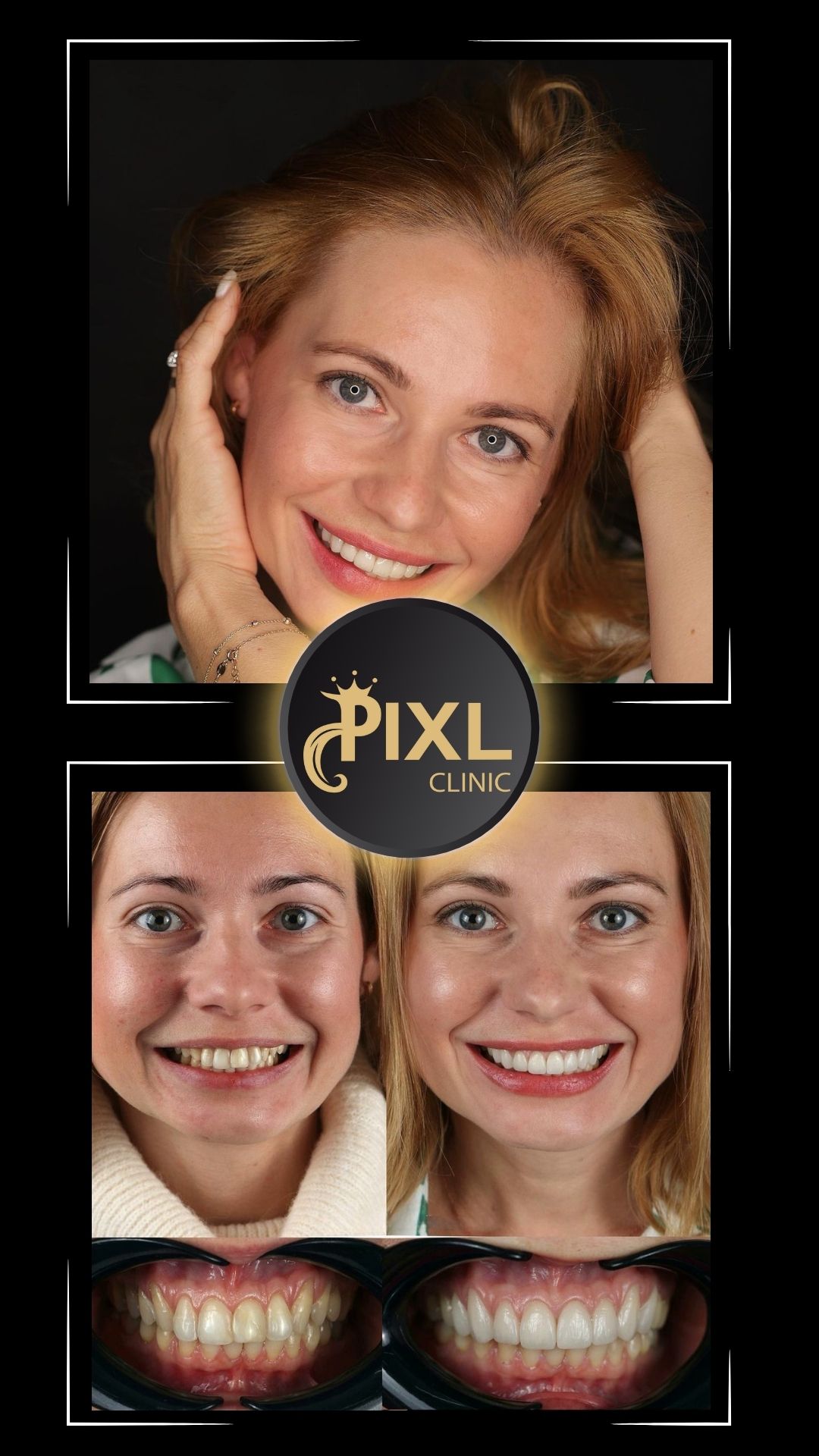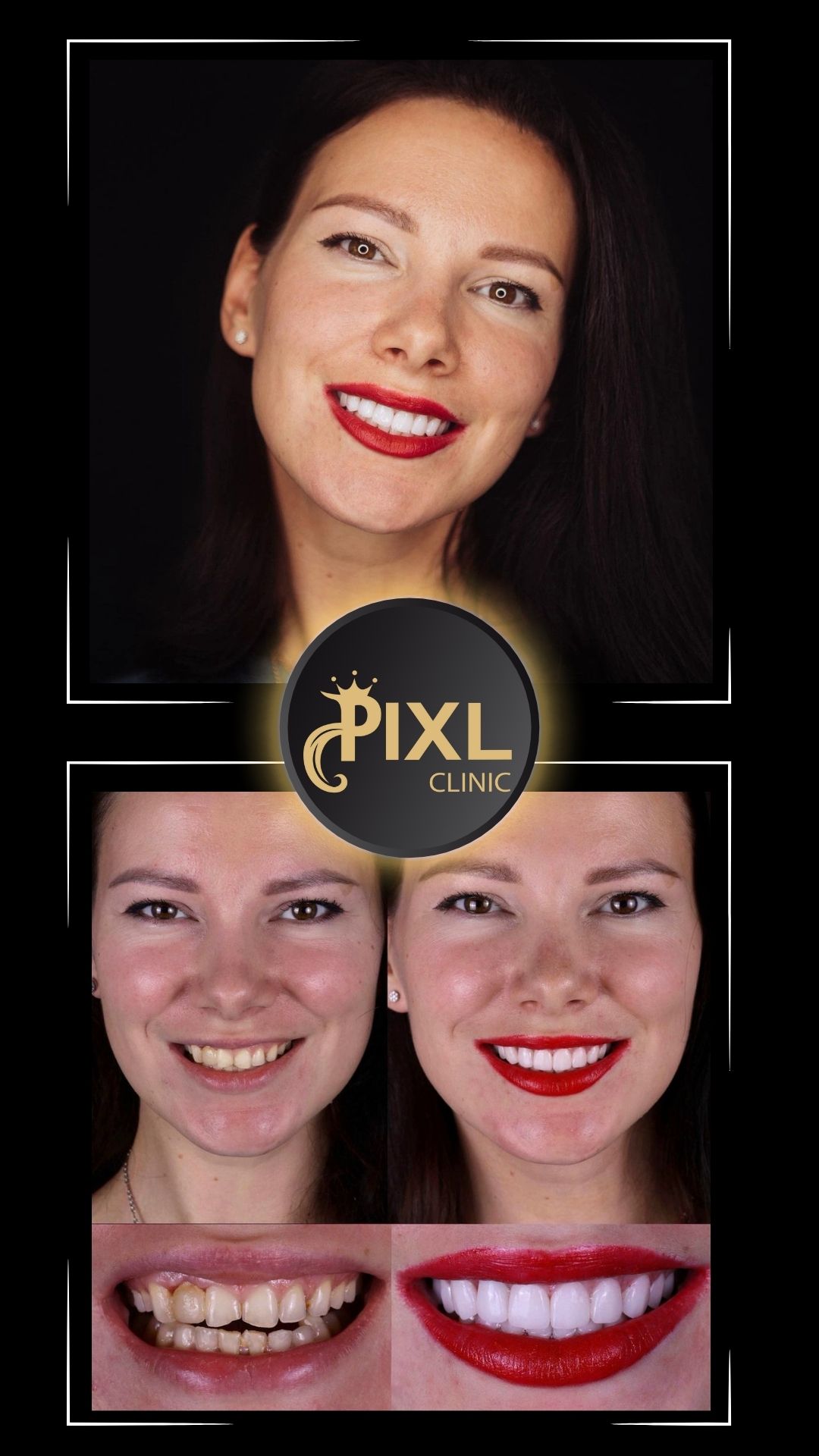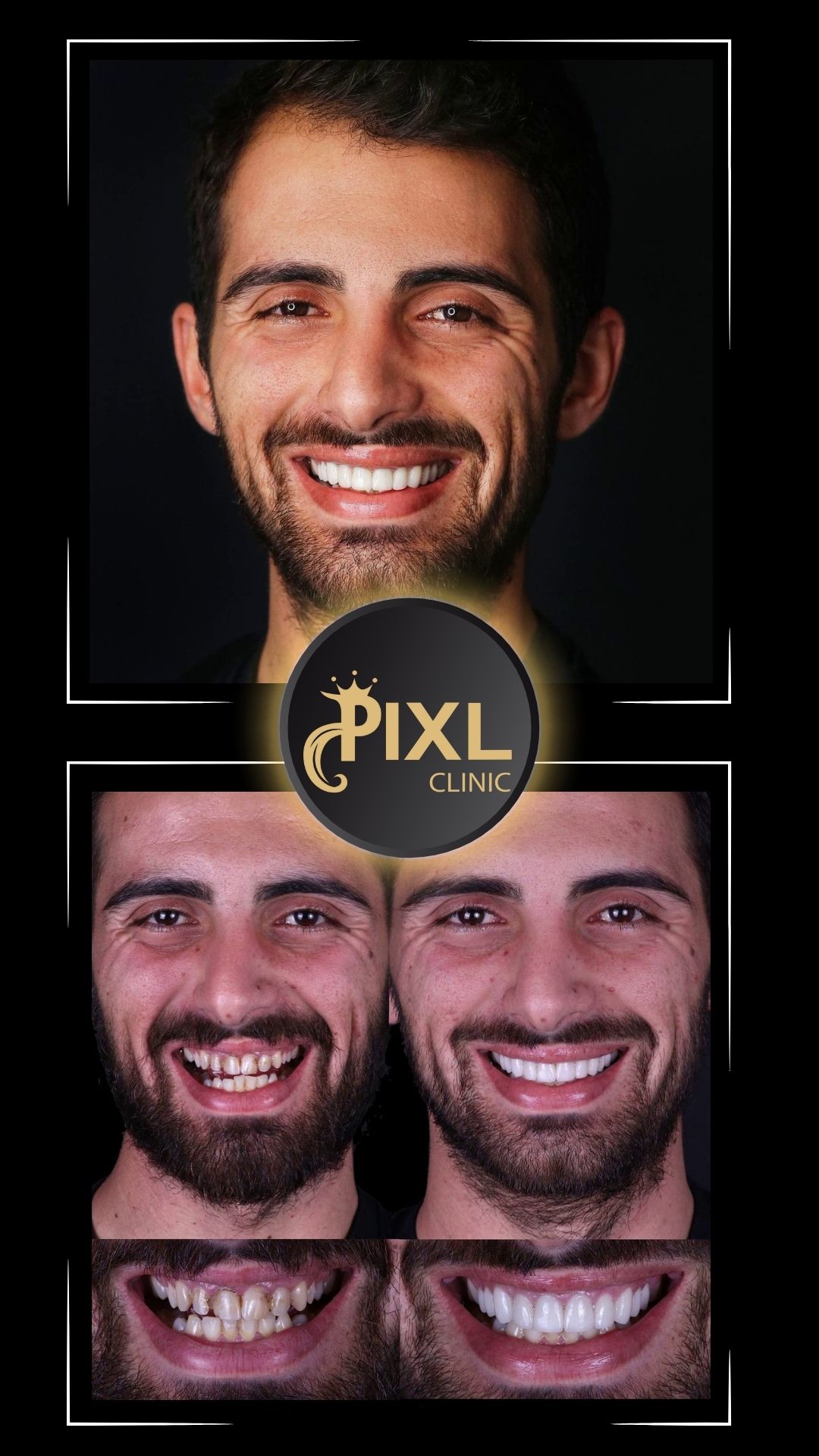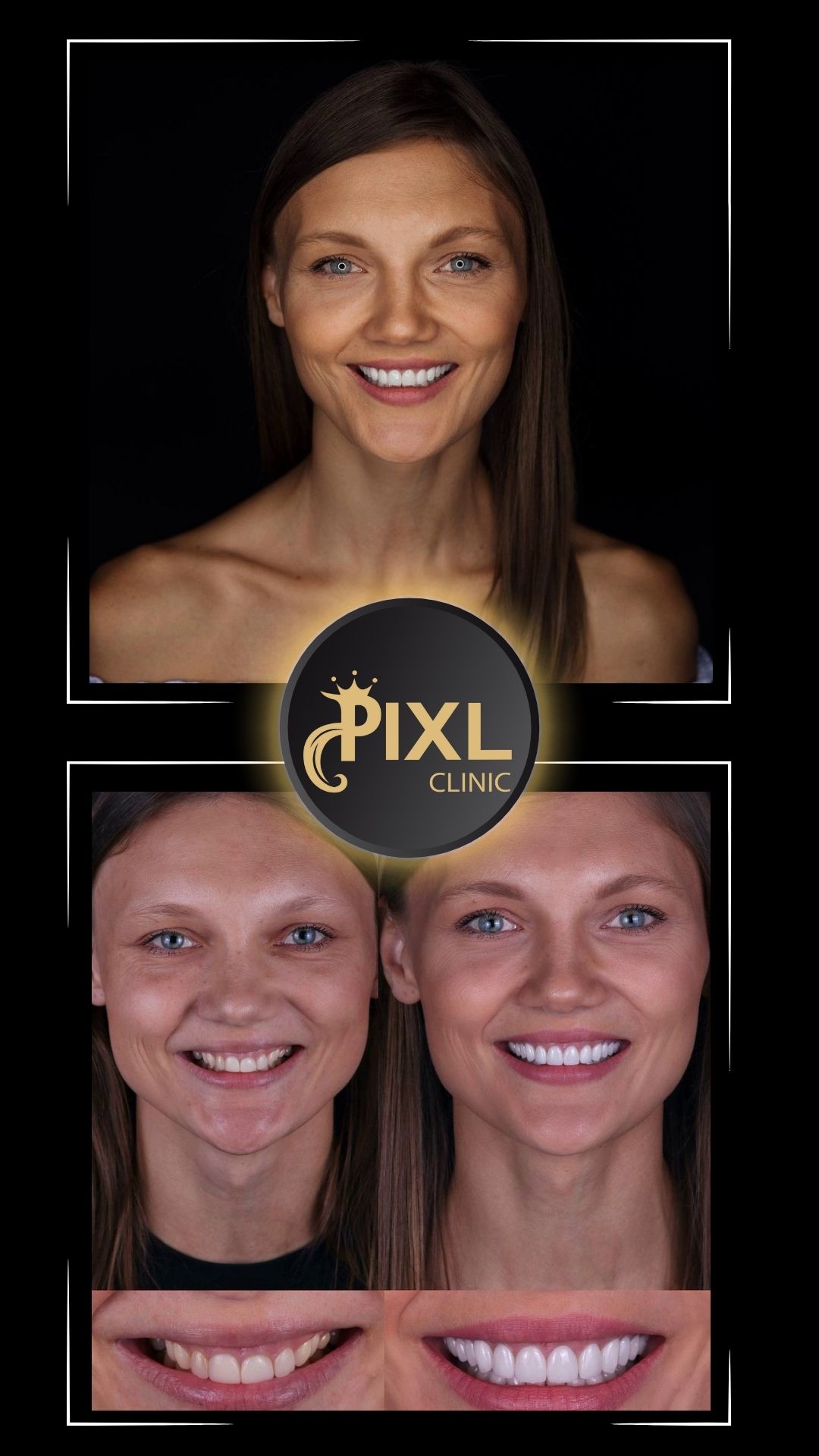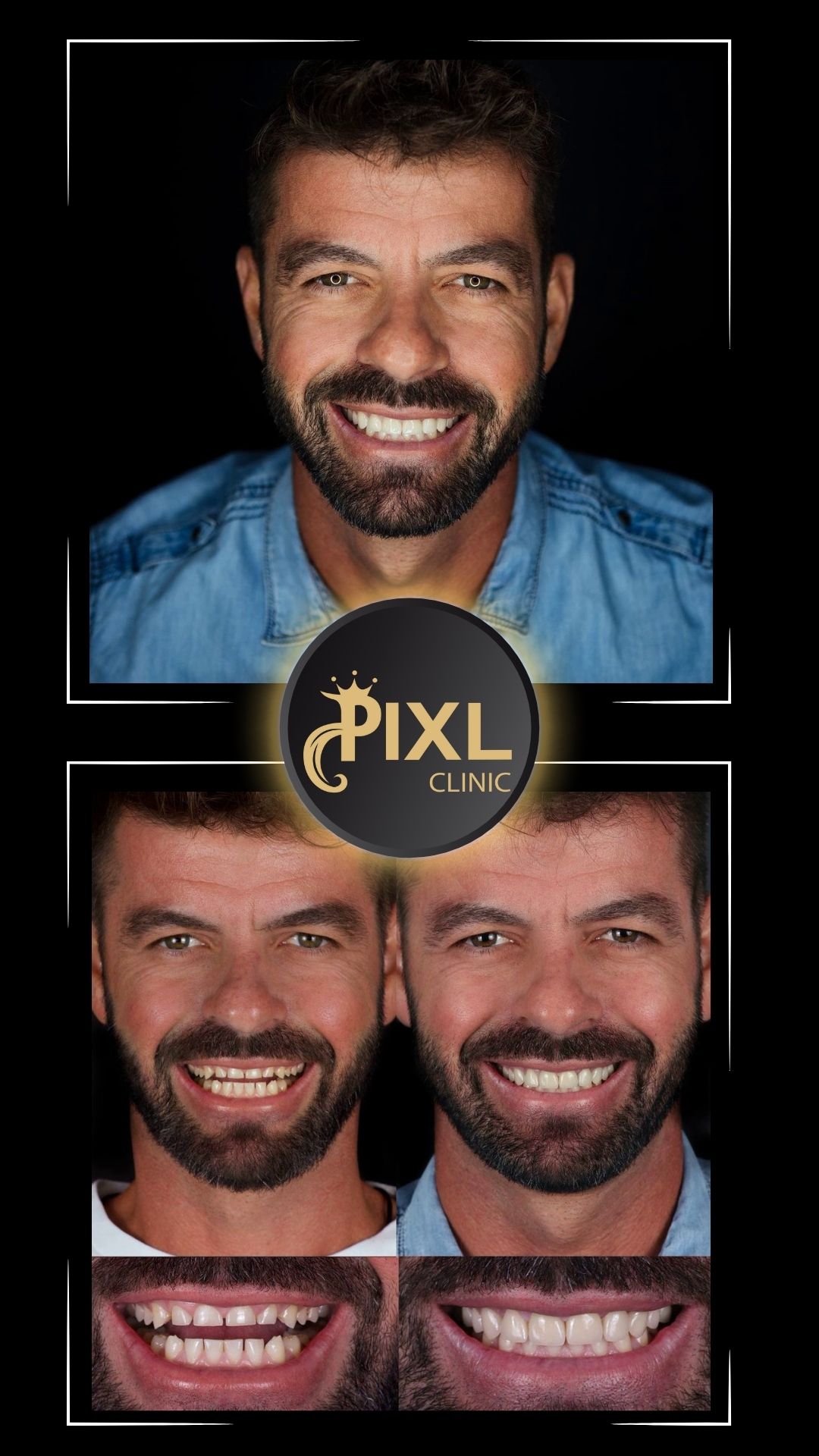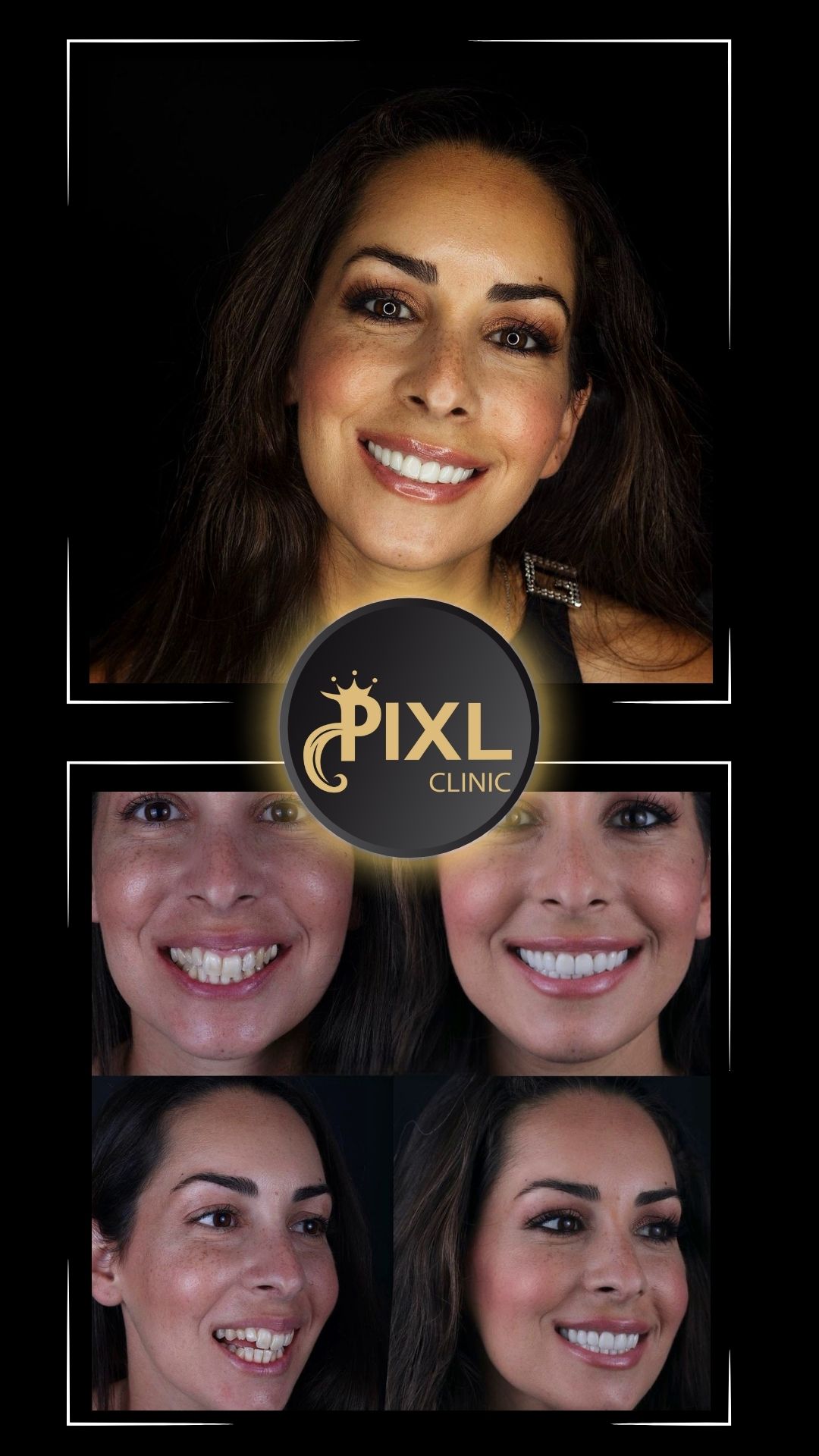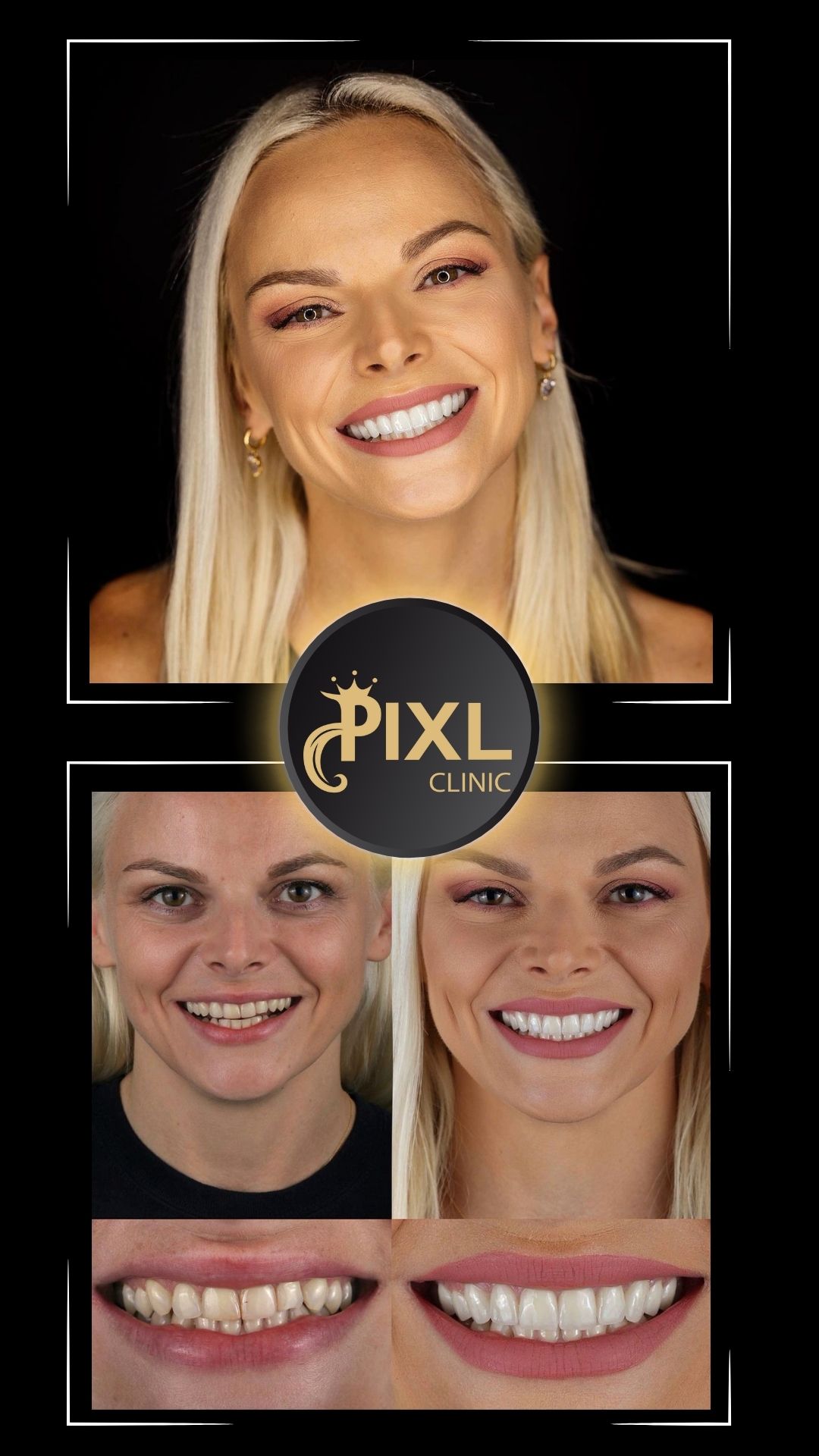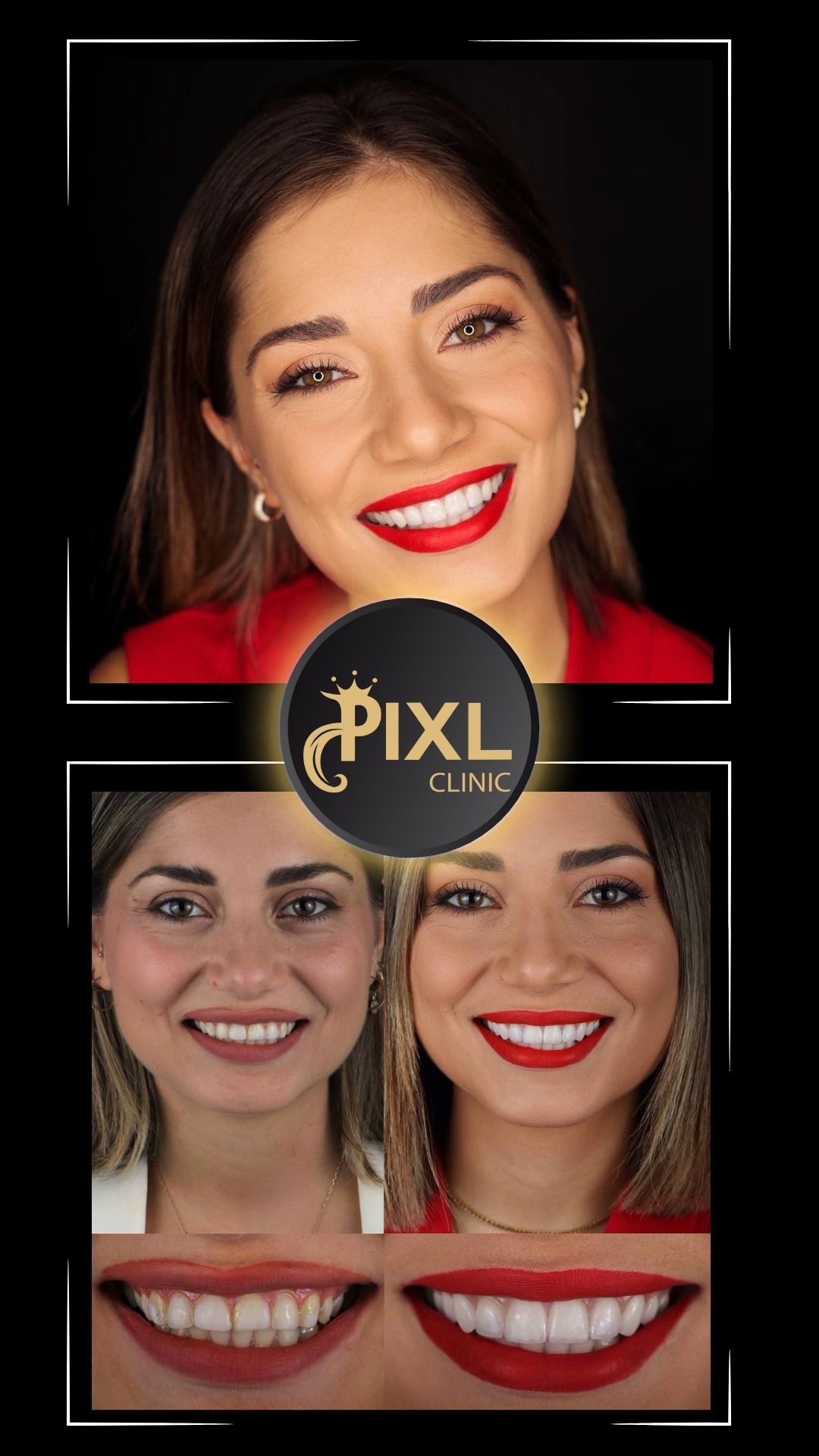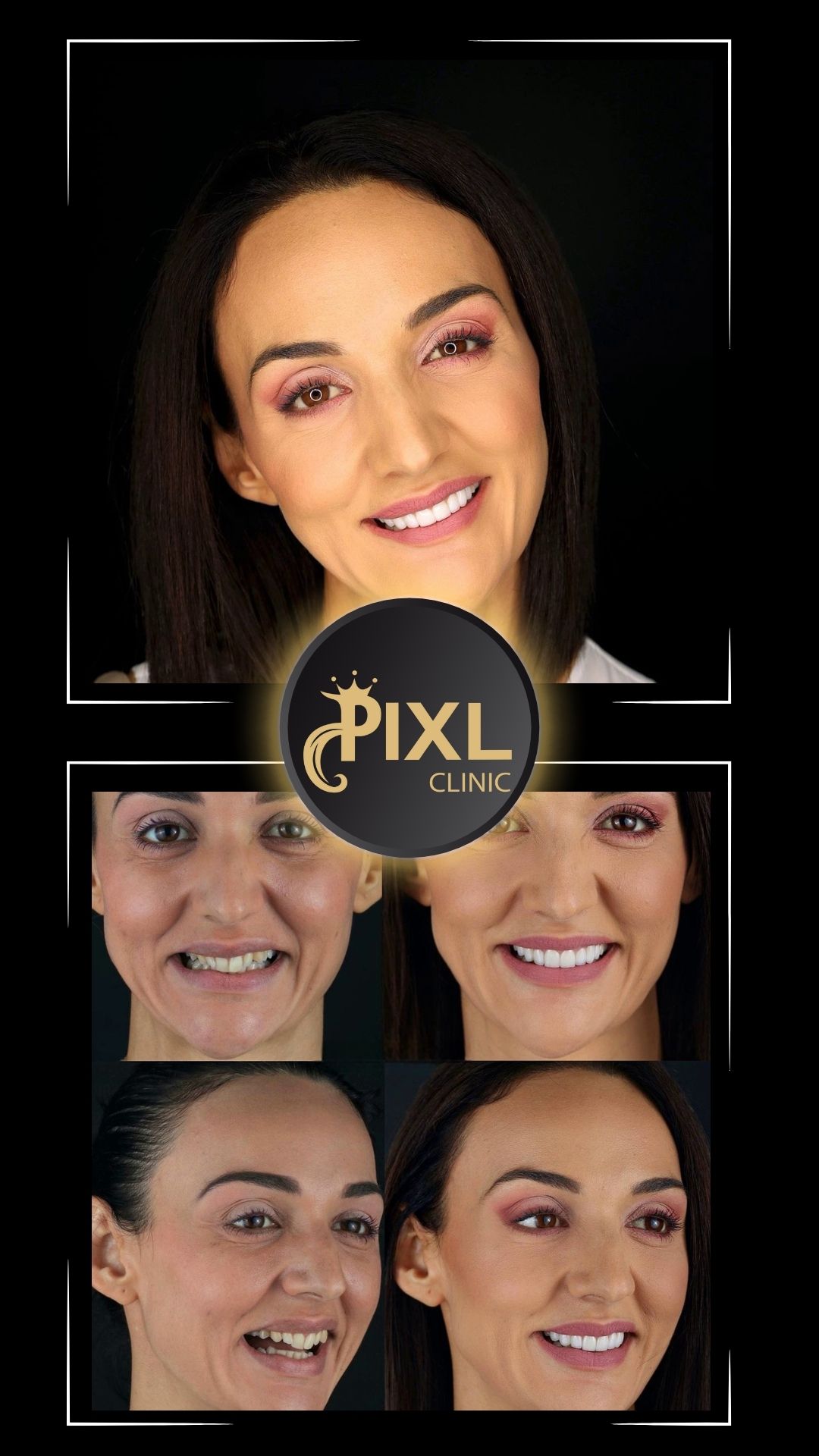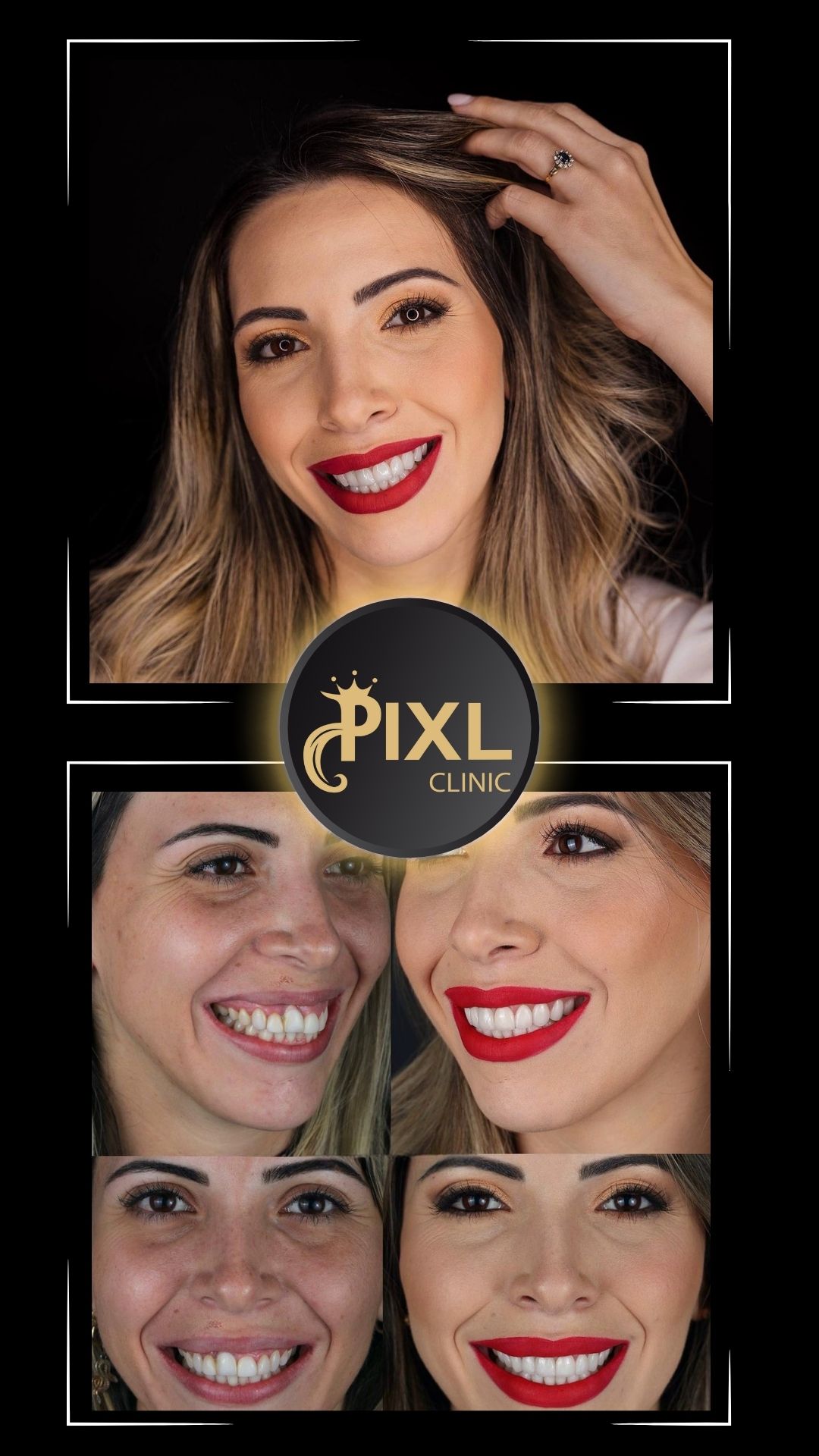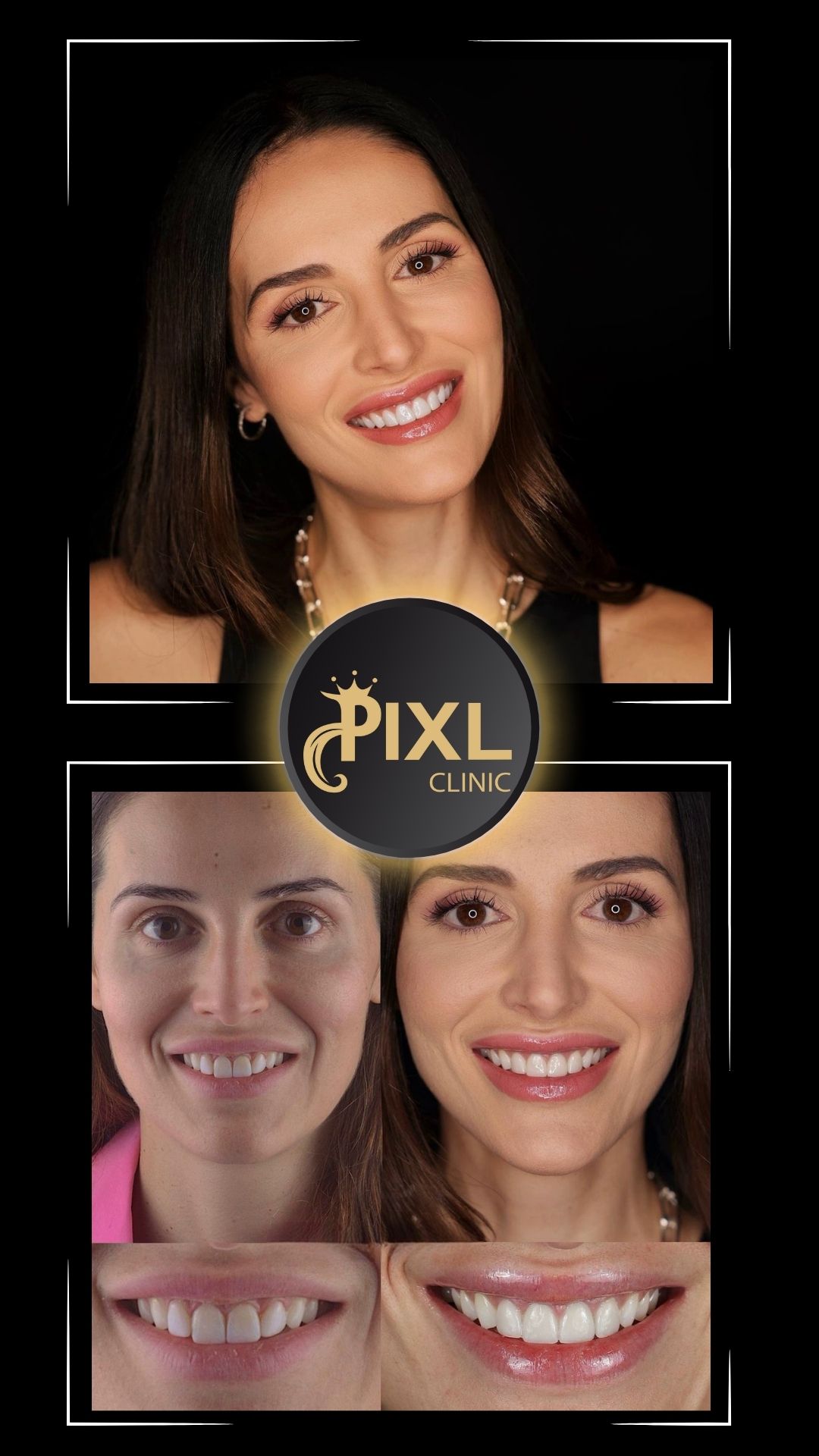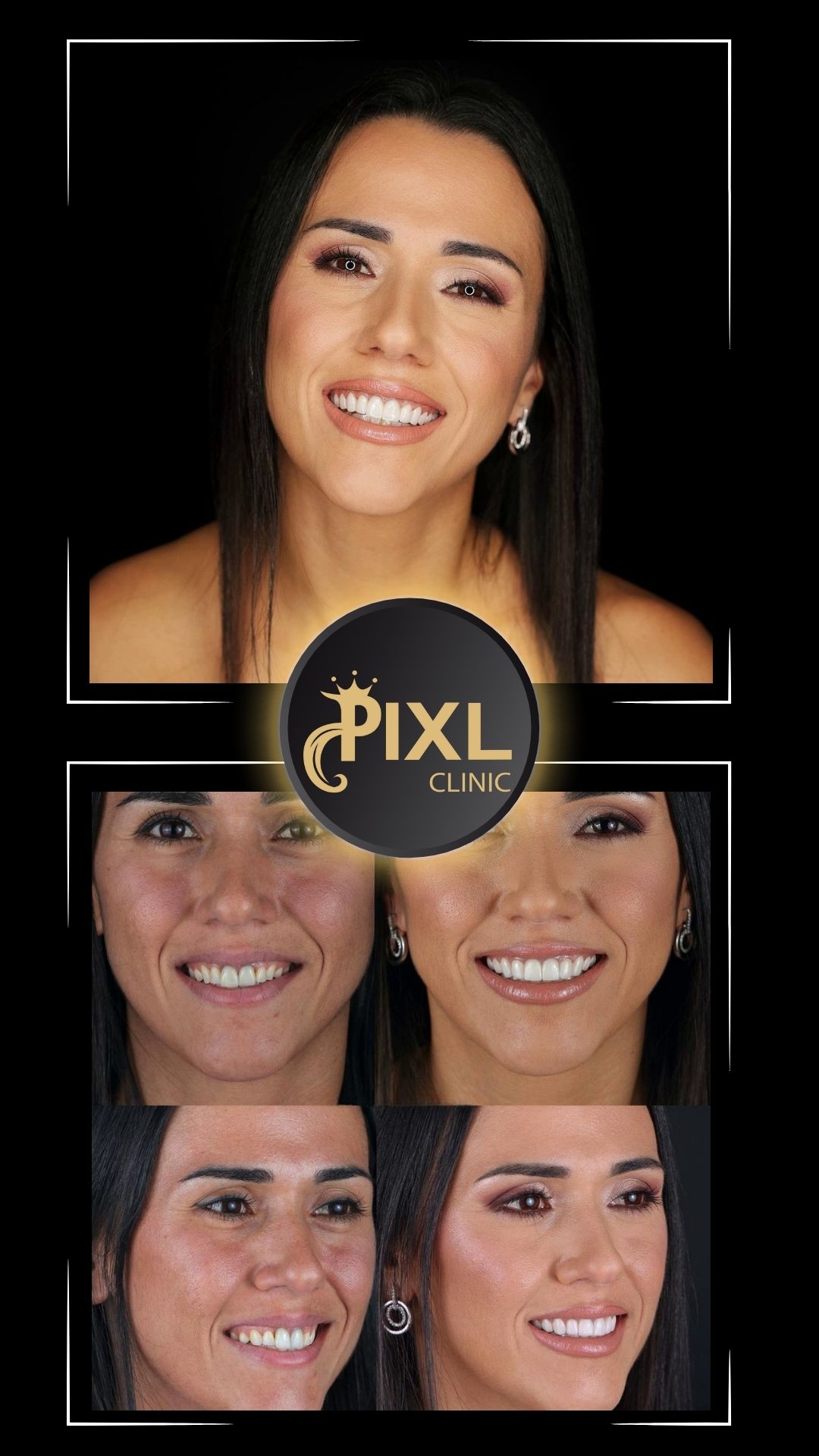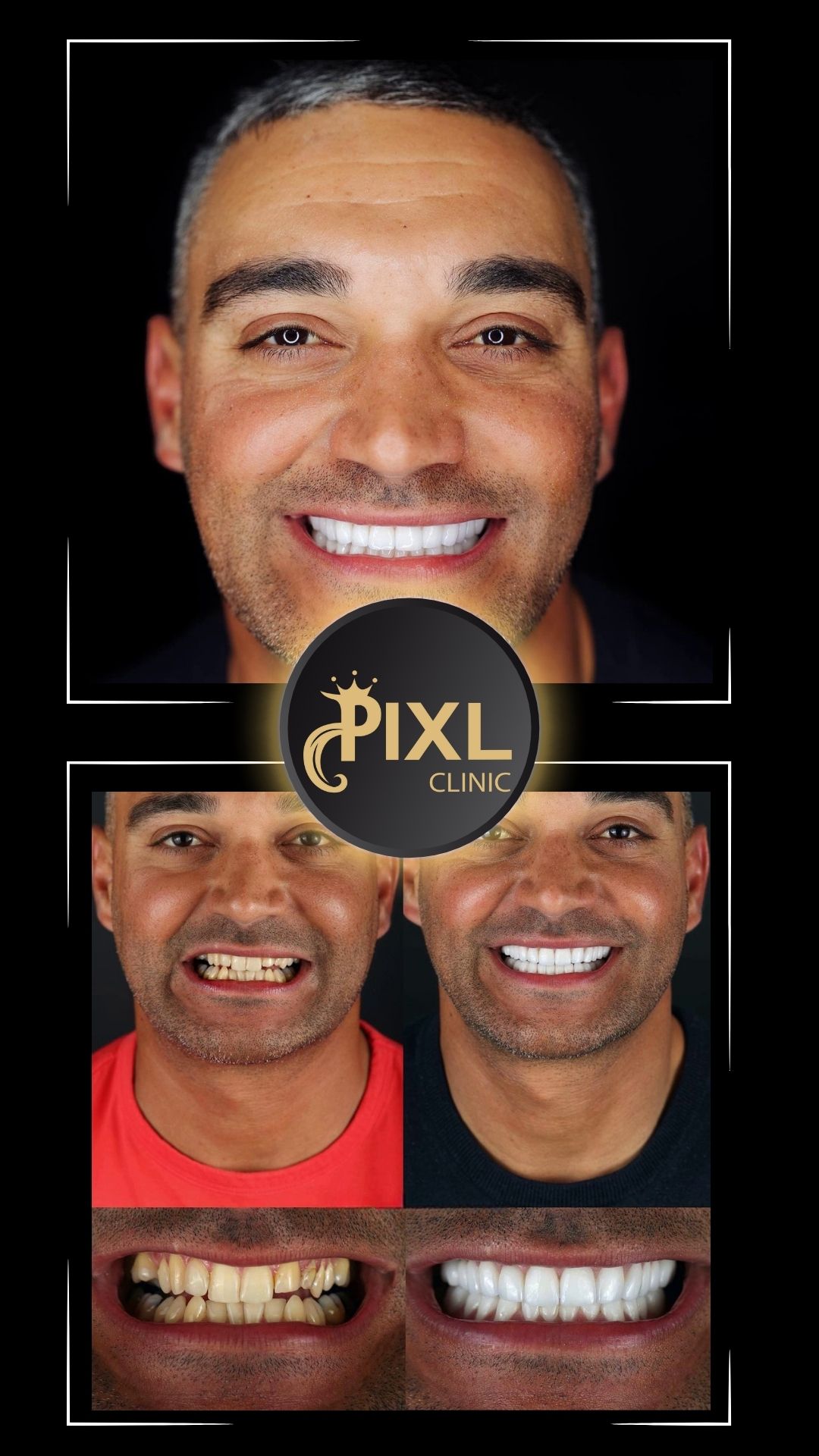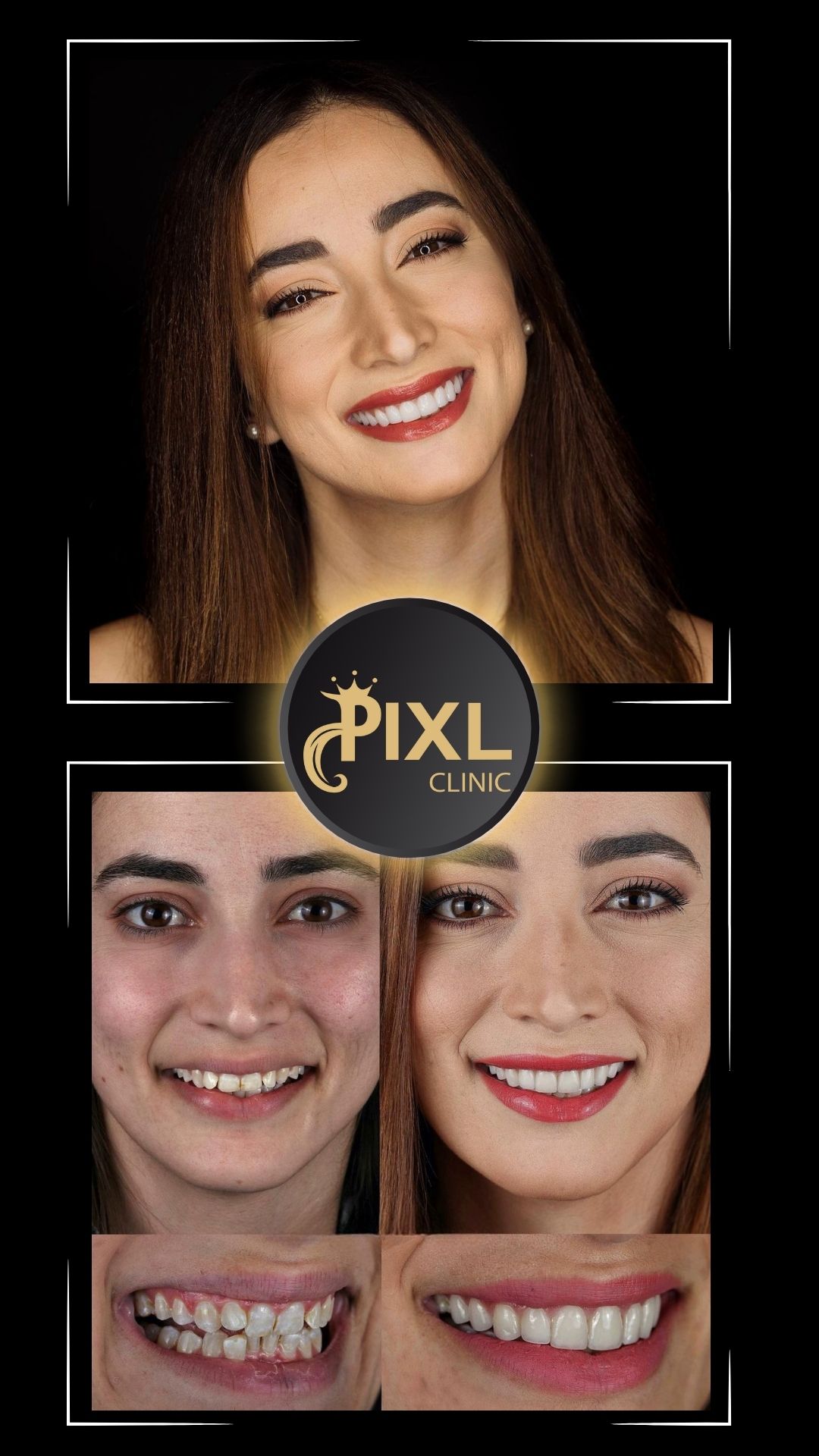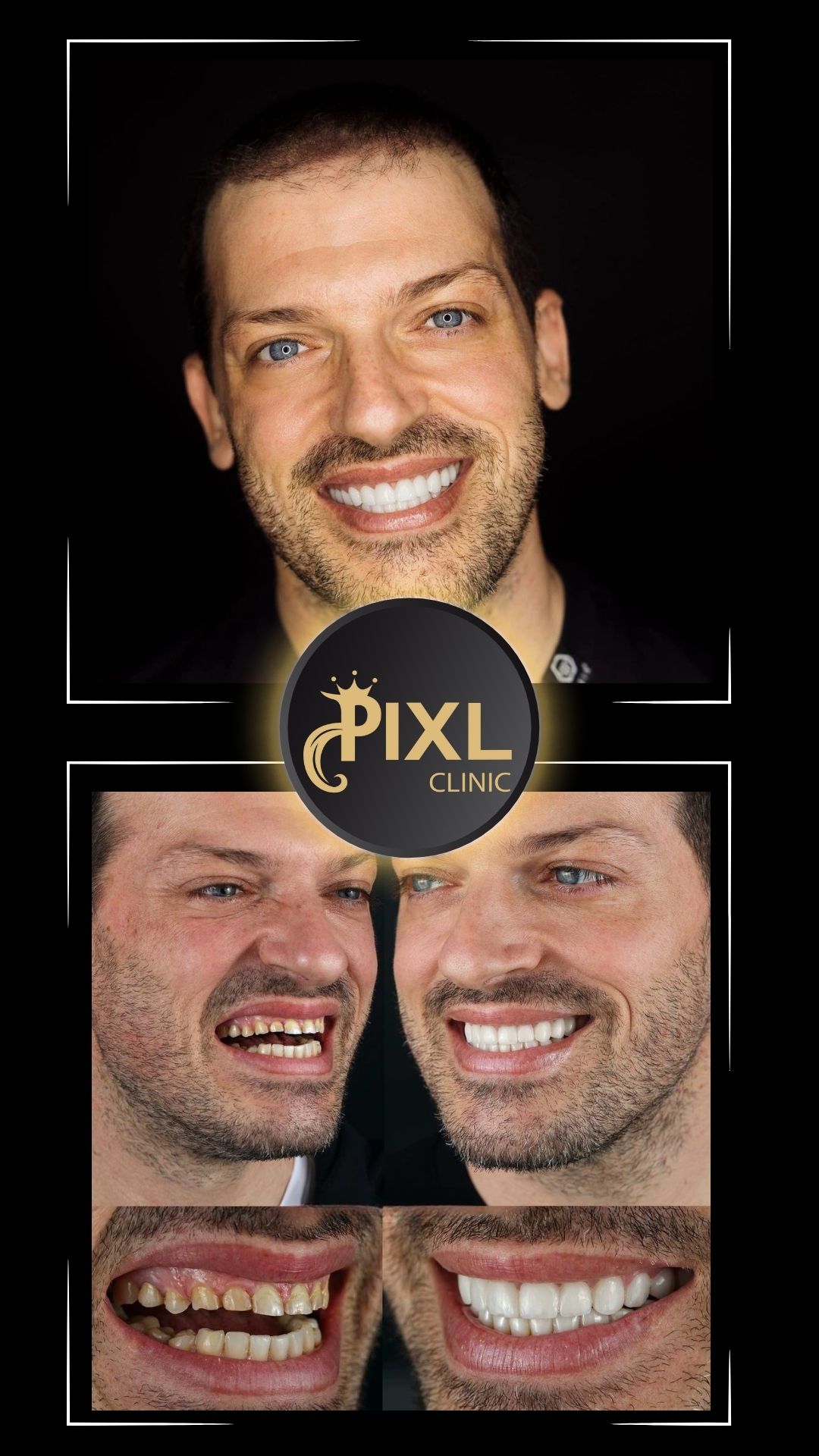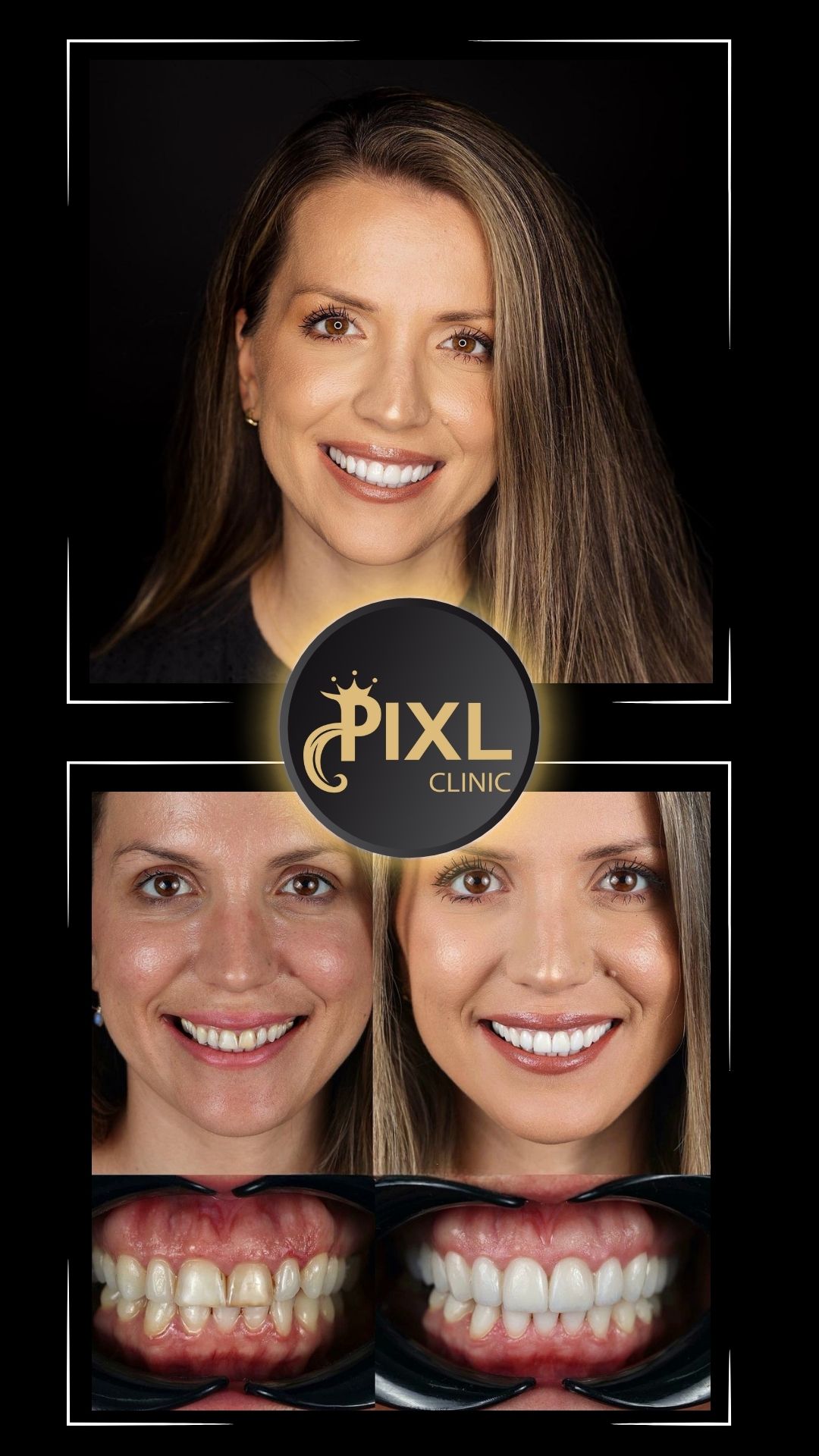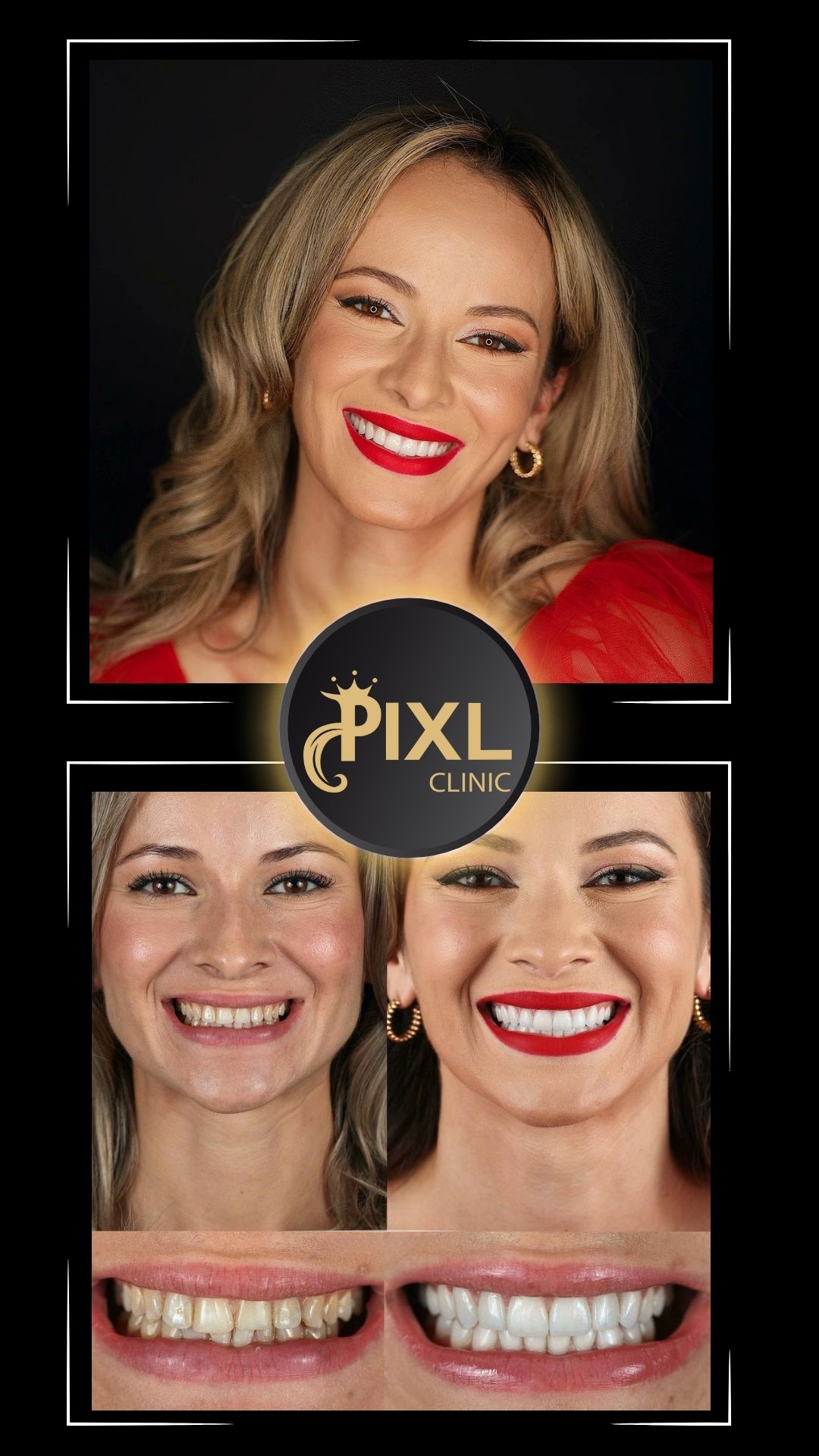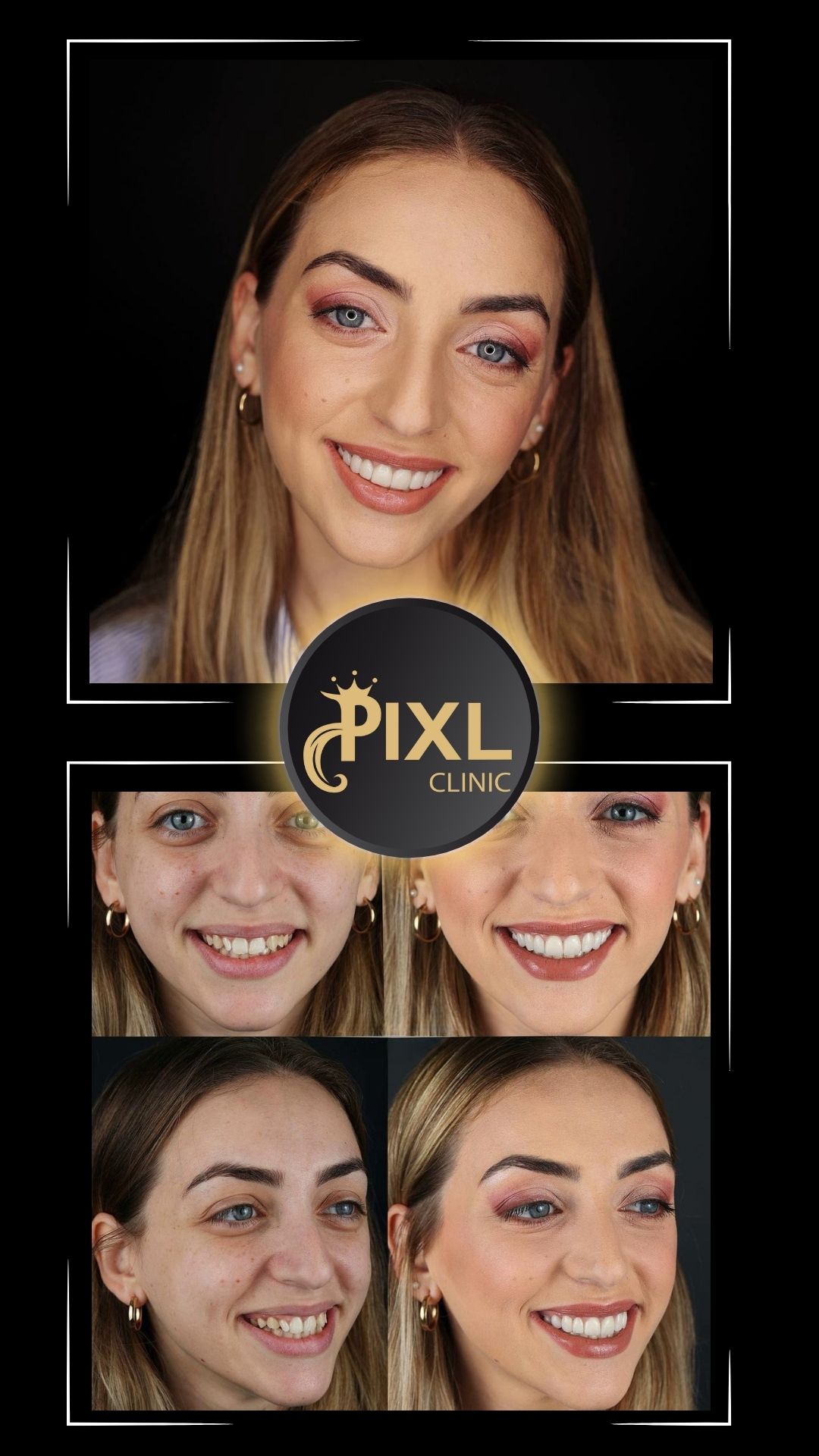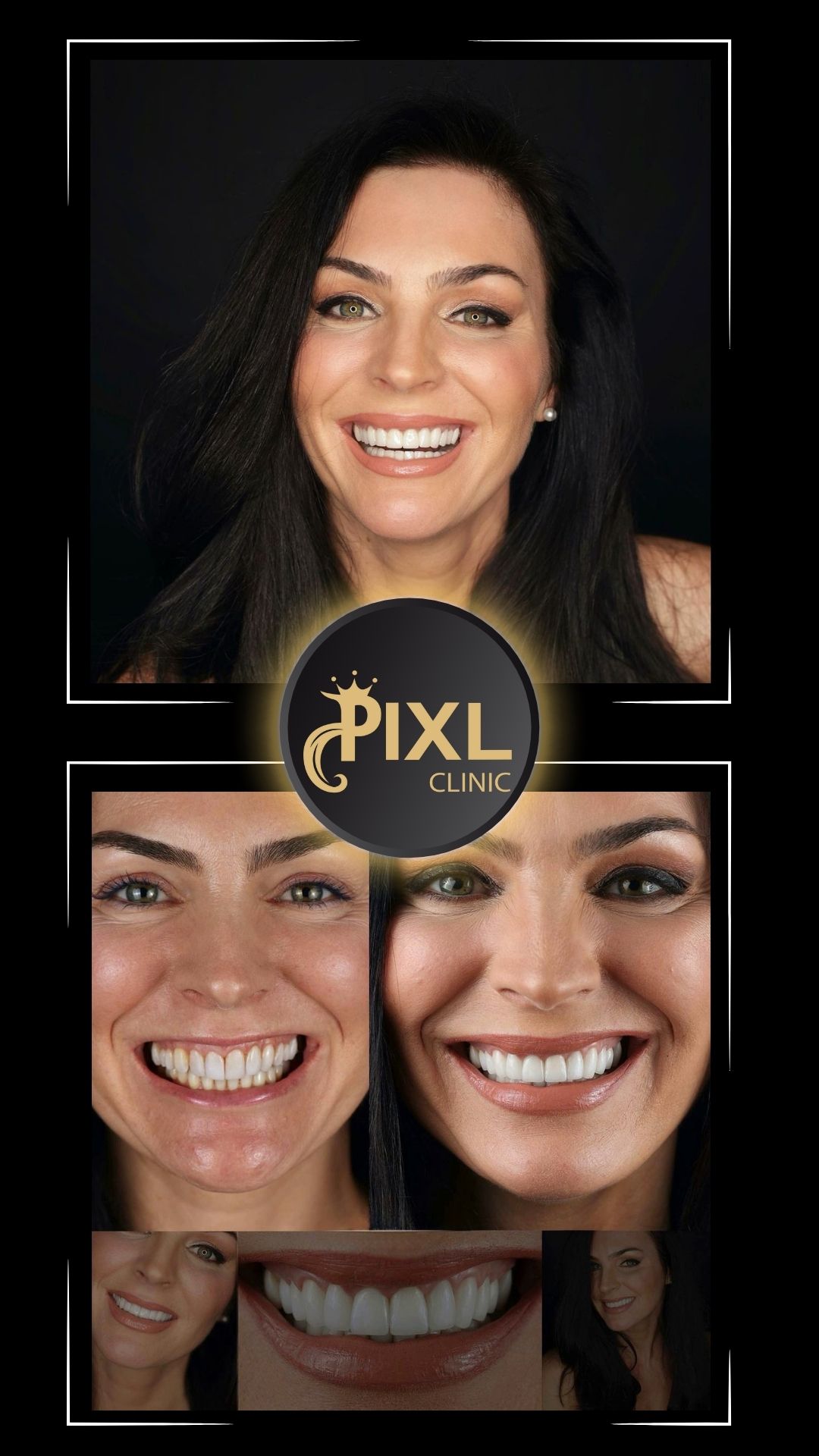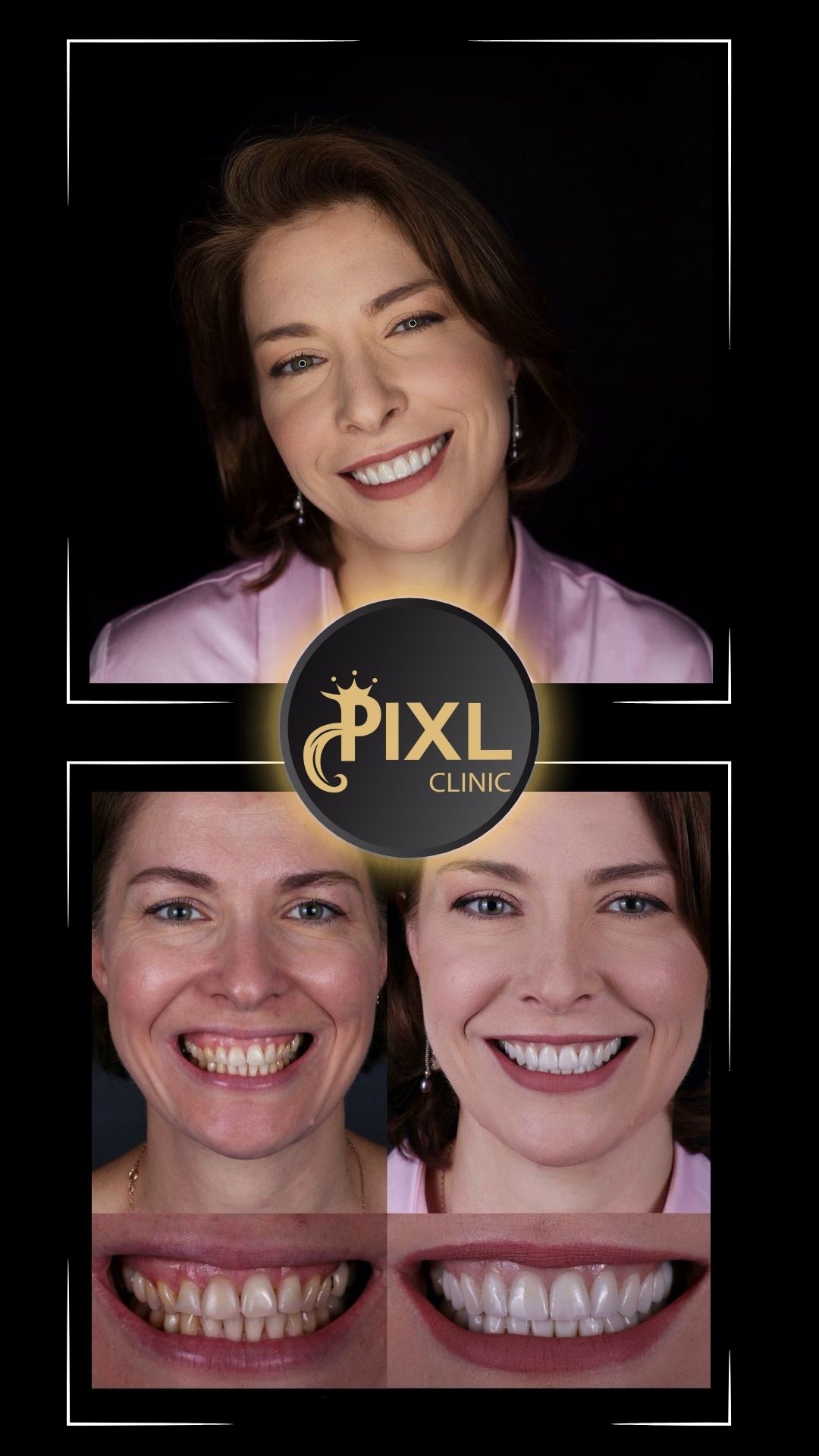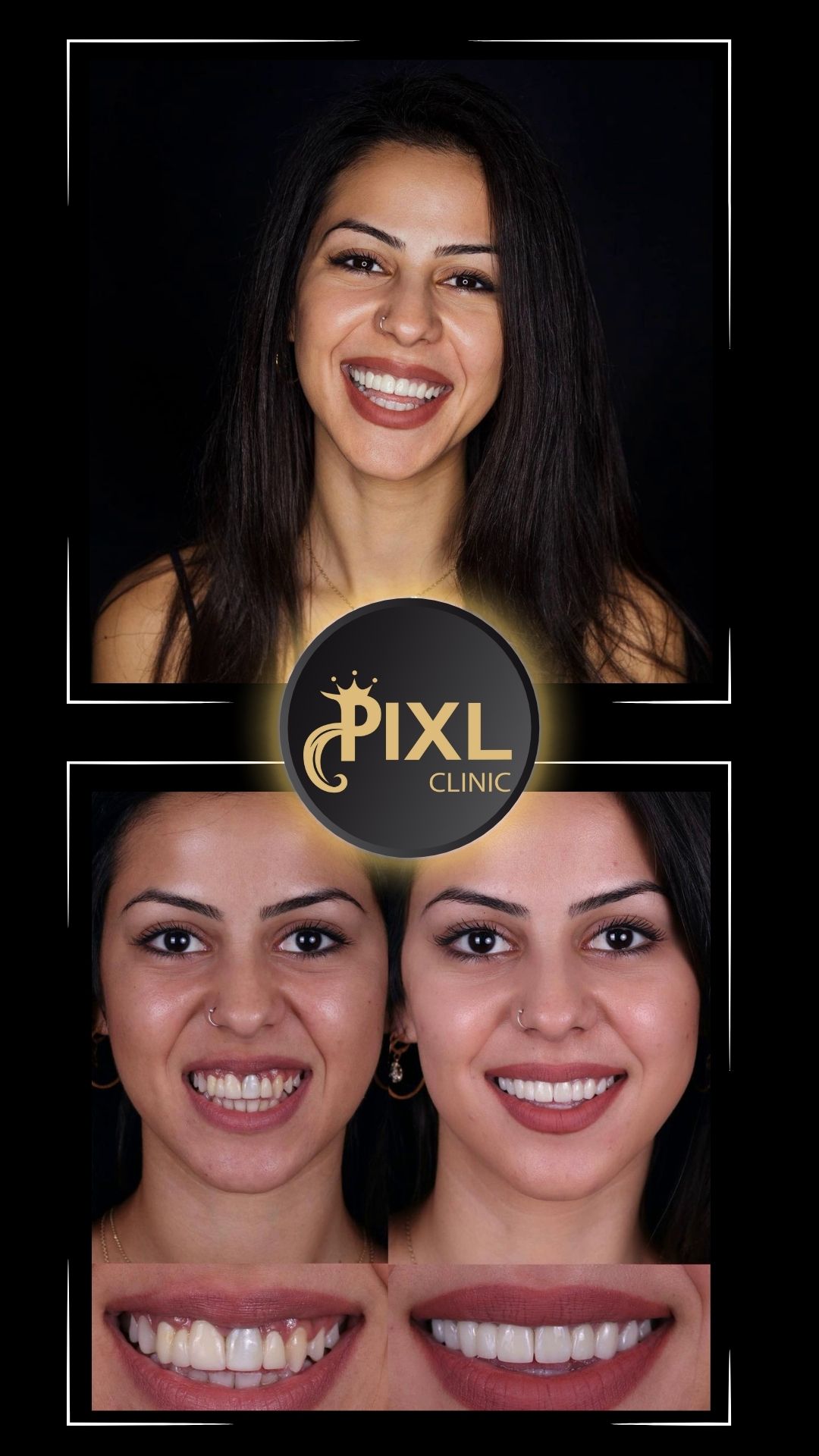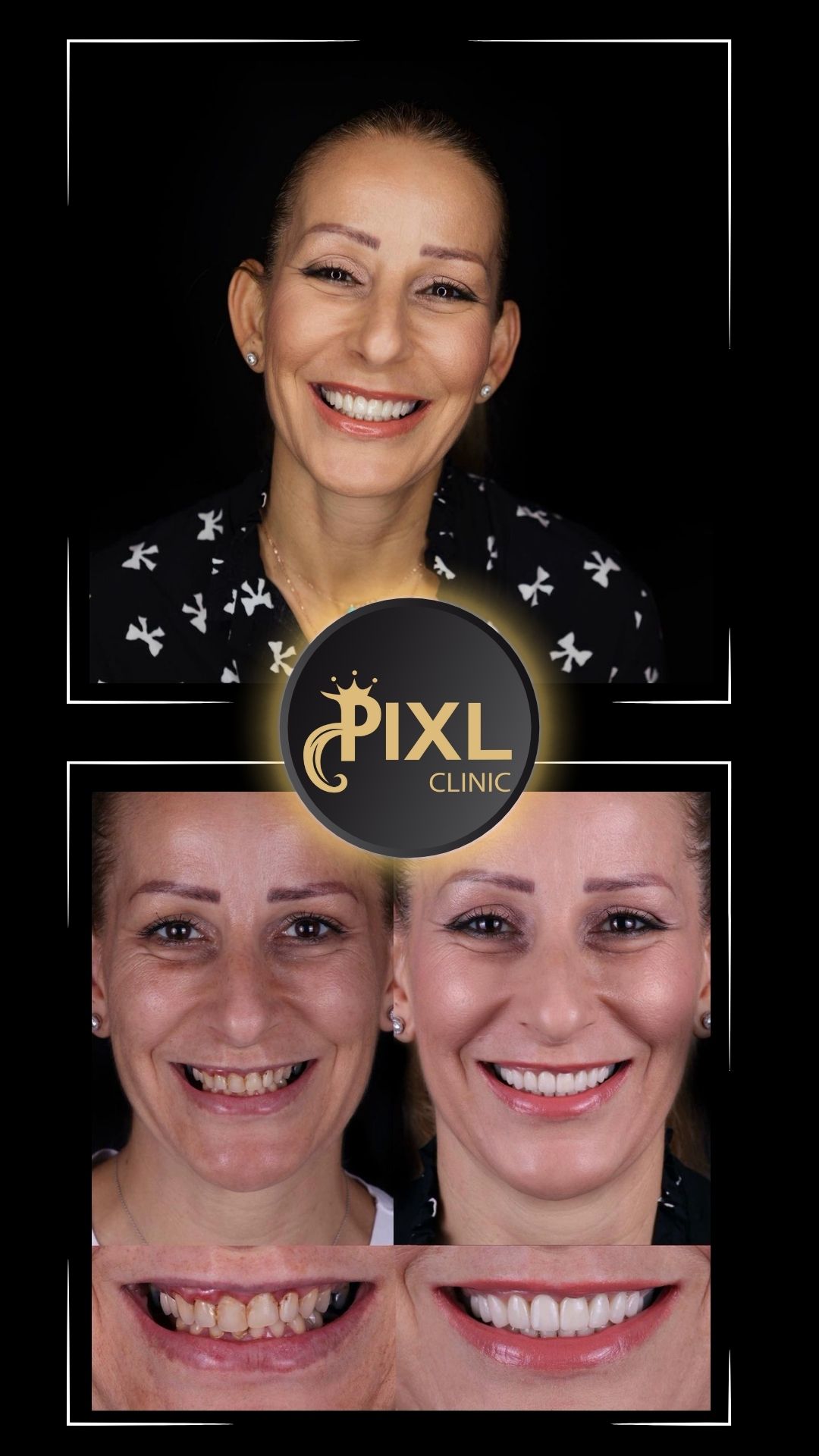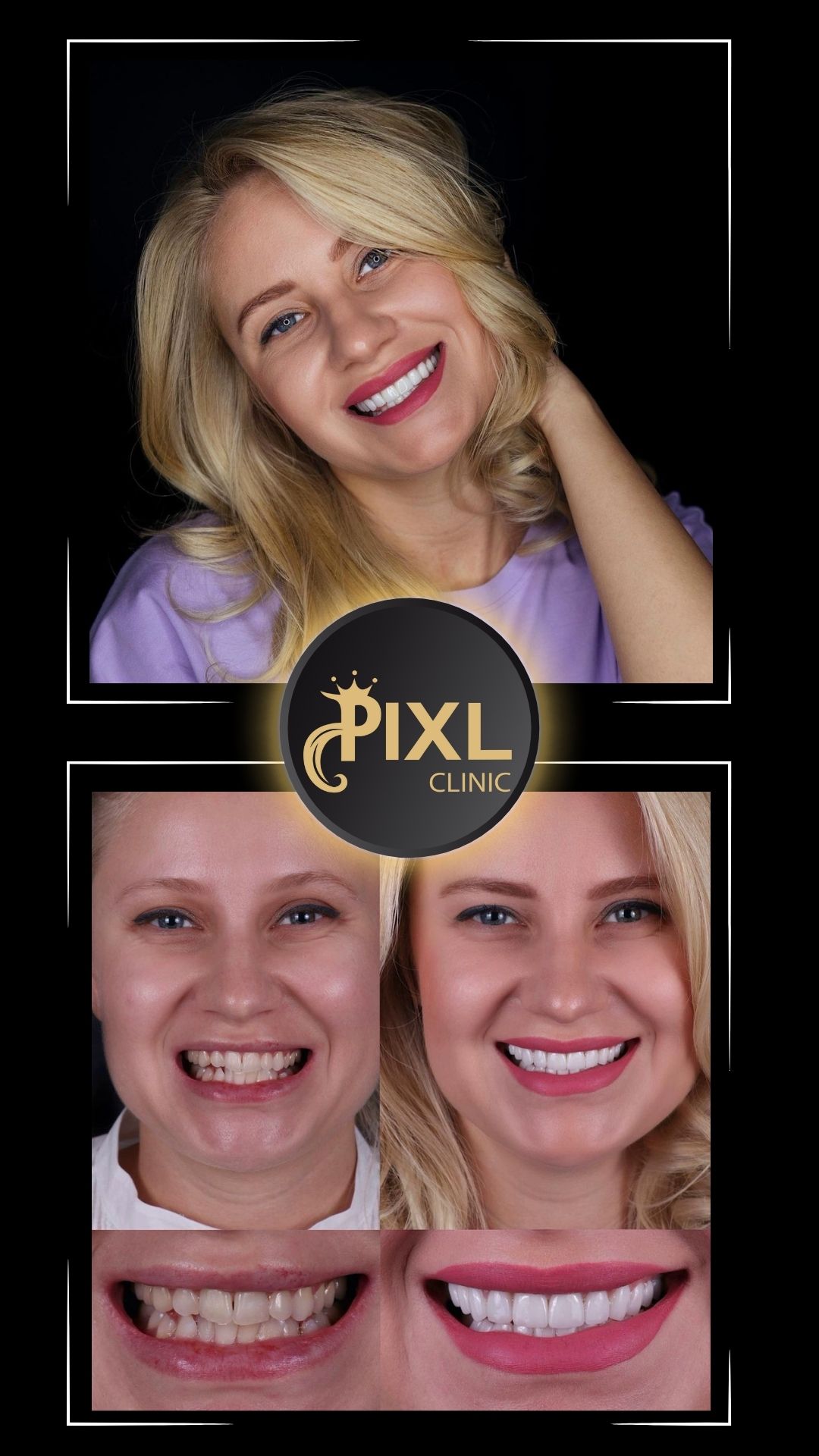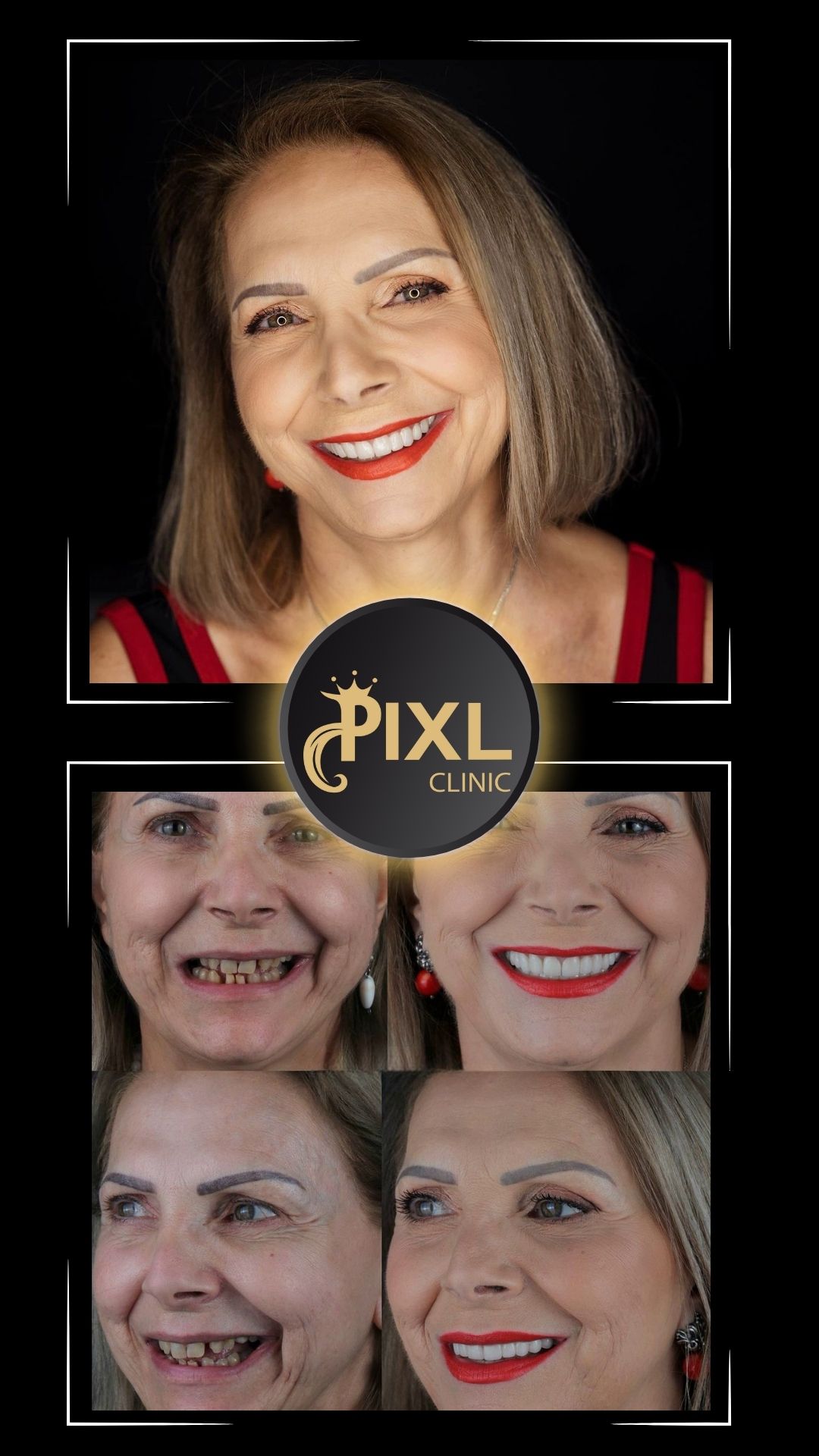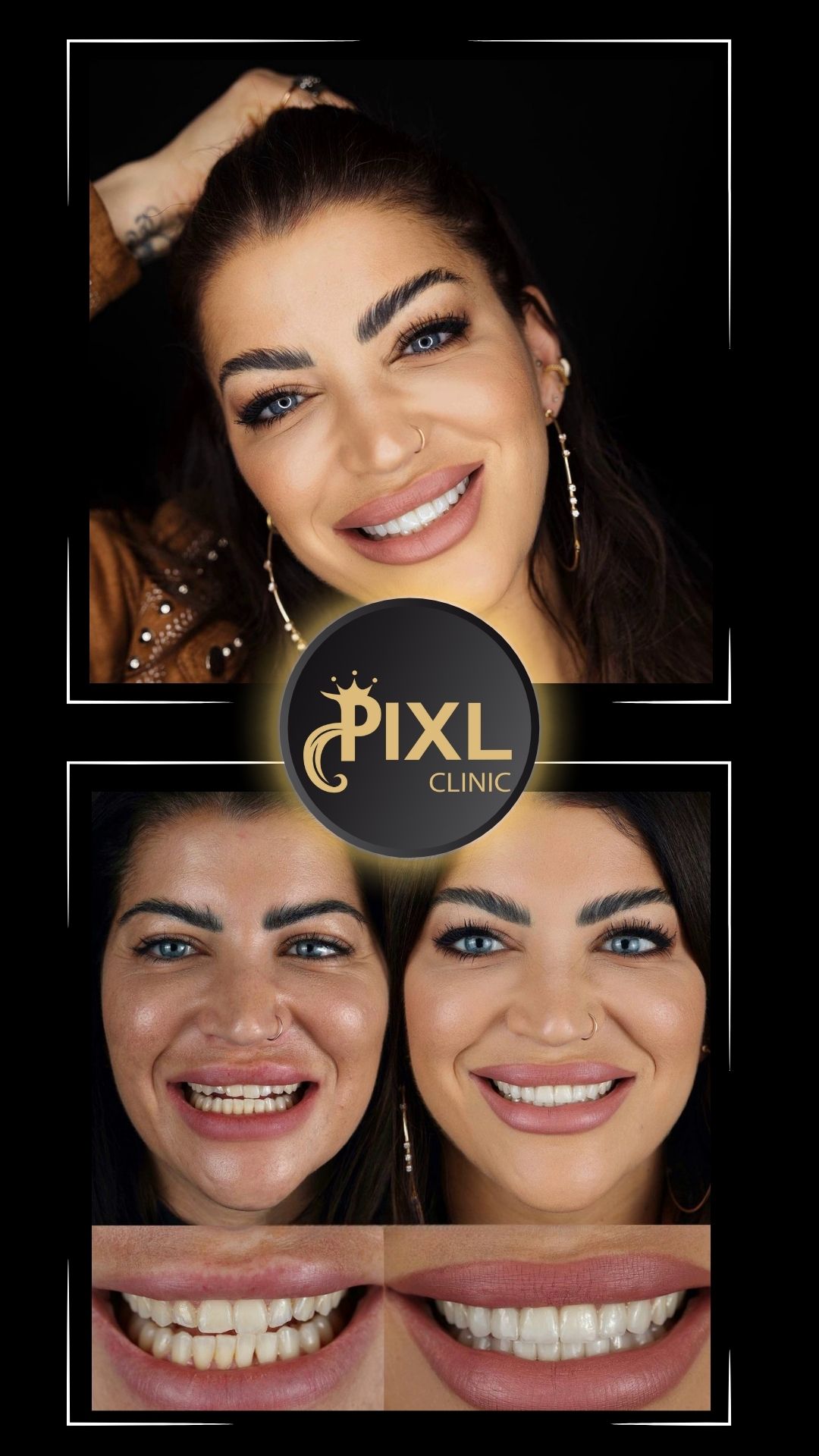Implants vs. Dentures: Functions, Structure, and Costs
When it comes to replacing missing teeth, two primary options dominate the dental restoration landscape: implants and dentures. Both solutions aim to restore oral functionality and aesthetics, but they differ significantly in terms of function, structure, and cost. This article dives into these differences, with a particular focus on the growing trend of dental tourism in Turkey, a country renowned for its affordable yet high-quality dental care.
Functions
Dental Implants: Dental implants are designed to function as closely as possible to natural teeth. They are anchored directly into the jawbone, providing stability and preventing bone loss. Implants allow patients to chew, bite, and speak with confidence, as they mimic the strength and durability of natural teeth. They are often considered a long-term or even lifetime solution.
Key benefits:
- Prevent jawbone deterioration.
- Offer a natural appearance and feel.
- Provide strong chewing efficiency.
- Require minimal maintenance after the healing period.
Dentures: Dentures, on the other hand, are removable prosthetics that replace multiple missing teeth or an entire arch. While modern dentures are crafted to fit snugly, they do not provide the same stability as implants. Dentures are more suited for patients who prefer a non-surgical approach or have health conditions that make surgery unsuitable.
Key benefits:
- Non-invasive and suitable for most patients.
- Easier to adjust as jaw structure changes over time.
- Can replace multiple missing teeth in one device.
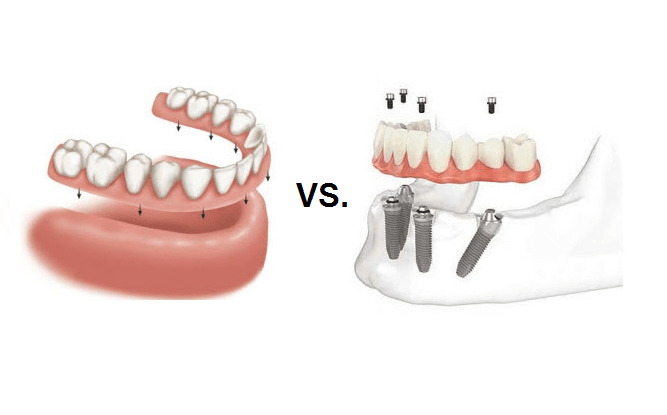
Structure
Dental Implants: The structure of a dental implant includes three main components:
- Titanium Screw: Acts as the root of the tooth, surgically placed into the jawbone.
- Abutment: Connects the titanium screw to the crown.
- Crown: The visible part of the tooth, usually made of porcelain or zirconia, designed to match natural teeth.
Implants require sufficient jawbone density for placement. If the bone is inadequate, procedures like bone grafting or sinus lifts may be necessary before implantation.
Dentures: Dentures are custom-made from materials such as acrylic, metal, or flexible resin. They consist of:
- Base: Typically made of acrylic, mimicking gum tissue.
- Teeth: Usually crafted from resin or porcelain.
- Support Structure: Depending on the type, this can include metal clasps or a suction mechanism to keep the dentures in place.
Dentures can be classified into:
- Full Dentures: Replace all teeth in an arch.
- Partial Dentures: Replace a few missing teeth while relying on natural teeth for support.
Costs in Turkey
Turkey has emerged as a leading destination for dental tourism, attracting patients with its cost-effective solutions, highly skilled dentists, and modern facilities. Here’s a breakdown of the costs:
Dental Implants: In Turkey, the cost of a single dental implant ranges between $400 and $1,000, including the implant, abutment, and crown. This is significantly lower than in countries like the US or UK, where similar procedures can cost upwards of $3,000 per implant. The cost varies depending on:
- The type of implant (e.g., titanium or zirconium).
- Additional procedures (e.g., bone grafting).
- The clinic and location.
Dentures: Dentures are generally more affordable than implants, with prices ranging from $300 to $800 for a full set. Partial dentures cost even less, typically between $200 and $500. Factors influencing the cost include the material used, the complexity of the case, and the type of denture.
Which Option is Best for You?
The choice between implants and dentures depends on several factors, including budget, oral health, and personal preferences.
- Choose Implants If: You want a permanent solution, have adequate jawbone density, and can afford a higher upfront cost for long-term benefits.
- Choose Dentures If: You prefer a non-invasive solution, have multiple missing teeth, or need a more cost-effective short-term option.
Why Turkey?
Turkey offers a compelling combination of affordability, quality, and convenience for dental treatments. Many clinics cater to international patients, providing all-inclusive packages that cover accommodation, transportation, and aftercare. The country also boasts internationally accredited dental professionals, state-of-the-art technology, and a reputation for excellent patient care.
Conclusion
Both dental implants and dentures serve as effective solutions for tooth replacement, each with unique benefits and limitations. While implants offer a durable, natural-feeling alternative, dentures remain a versatile and budget-friendly option. Turkey’s competitive pricing and top-notch dental care make it an ideal destination for those considering either treatment. Before making a decision, consult with a qualified dentist to determine which option best suits your needs and goals.
FAQs: Dental Implants vs. Dentures in Turkey
What are the main differences between dental implants and dentures?
- Implants: Permanent, surgically placed, and function like natural teeth. They require sufficient jawbone and are more expensive upfront but last longer.
- Dentures: Removable prosthetics that are more affordable and suitable for patients looking for a non-invasive solution.
Are dental implants better than dentures?
It depends on your needs. Implants offer better functionality and durability, while dentures are more affordable and easier to adapt.
Which is more natural-looking: implants or dentures?
Both can look natural if well-made, but implants typically offer a more seamless and realistic appearance.
How much do dental implants cost in Turkey?
A single implant costs between $400 and $1,000. This includes the implant, abutment, and crown. Full-mouth implants (All-on-4 or All-on-6) cost between $4,000 and $10,000, significantly less than in the US or Europe.
How much do dentures cost in Turkey?
- Full dentures: $300–$800
- Partial dentures: $200–$500
Why are dental treatments cheaper in Turkey?
Lower operational costs, favorable exchange rates, and government support for medical tourism allow Turkish clinics to offer high-quality services at competitive prices.
How long do dental implants last?
With proper care, implants can last a lifetime. Crowns may need replacement after 10–15 years due to wear.
How long do dentures last?
Dentures typically last 5–10 years, depending on material quality and maintenance. Adjustments may be needed over time due to gum shrinkage.
Is the implant procedure painful?
The procedure is done under local anesthesia, so pain is minimal. Mild discomfort is expected during the healing period.
Can I eat normally with dentures?
While you can eat most foods, dentures are less stable than implants. Chewing hard or sticky foods can be challenging.
Am I a candidate for dental implants?
You must have good oral health, adequate jawbone density, and no contraindicating medical conditions. Smokers or individuals with diabetes may need special considerations.
Are dentures suitable for everyone?
Dentures are suitable for most patients, especially those who cannot undergo surgery or need a quick and cost-effective solution for missing teeth.
Can I switch from dentures to implants later?
Yes, many patients transition from dentures to implants if their oral health and bone density allow it.
Why is Turkey popular for dental tourism?
Turkey offers world-class dental care, affordable pricing, and all-inclusive packages for international patients, often including accommodation, transportation, and translation services.
How long do I need to stay in Turkey for dental implants?
The process usually requires two visits:
- First Visit (5–7 days): Implant placement.
- Second Visit (3–6 months later): Crown placement, once the implants have integrated with the bone.
How long does it take to get dentures in Turkey?
Dentures can be completed in as little as 3–5 days, depending on the complexity and type.
How should I care for dental implants?
- Brush and floss regularly.
- Visit your dentist for regular check-ups.
- Avoid smoking and hard foods.
How should I care for dentures?
- Remove and clean dentures daily.
- Soak them overnight in a denture-cleaning solution.
- Avoid using abrasive cleaning materials.
Will my dental work in Turkey be guaranteed?
Most reputable clinics offer guarantees for their treatments, typically covering implants for 5–10 years. Always check the terms with your provider.
Which option should I choose: implants or dentures?
- Choose implants if you want a permanent, natural-looking solution and are willing to invest more upfront.
- Choose dentures if you need a cost-effective, non-surgical option or have multiple missing teeth.

